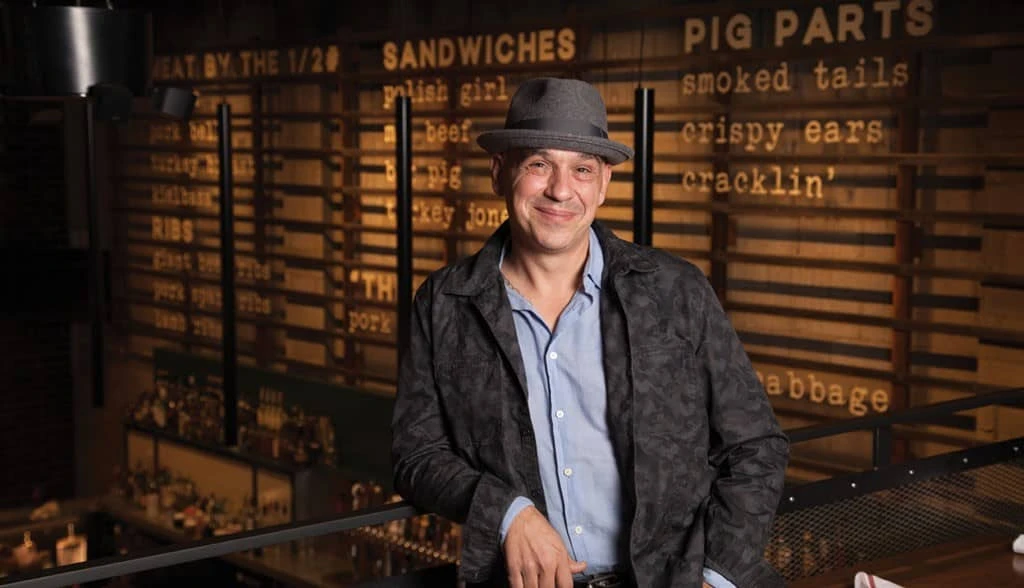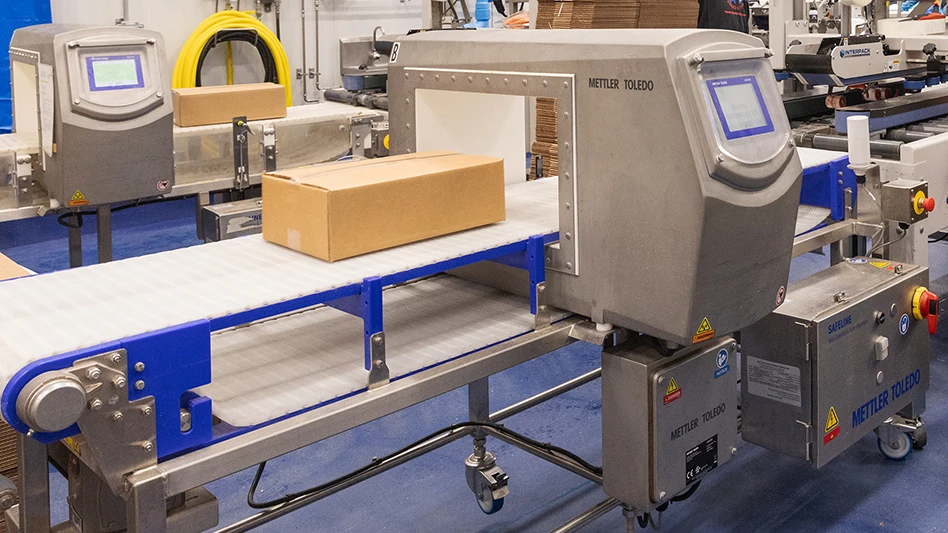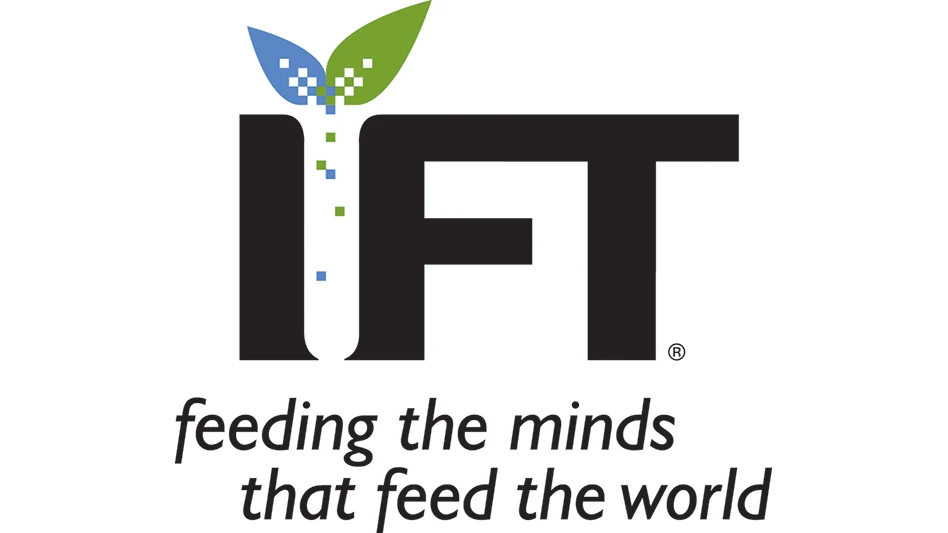
Photos by Vicki Jeromos-Blayney
By Lisa Lupo
At Mabel’s BBQ Restaurant in Cleveland, brisket is a 24-hour operation, seven days a week. It takes about 18 hours to smoke the meat, so it is smoked all night to ensure it is ready when the restaurant opens at 11:30 a.m. each morning. Although the restaurant’s hours are posted on its website, its closing times include an asterisk: “*Until Sold Out.”
Celebrity Iron Chef and Mabel’s Owner Michael Symon’s reasoning for the asterisk is indicative of his approach to all things food, not only that served at his 20 restaurants, but of the requirements he makes of his food and ingredient suppliers as well: He would rather serve 1,000 people great food than take shortcuts or compromise his values to sell more.
SUPPLYING SYMON’S RESTAURANTS. To that end, Symon purchases hormone-free, GMO-free, humanely slaughtered food products from sustainable farms. “It’s not the cheapest or the easiest, but it’s the best,” Symon said. “From a taste perspective, there is very little difference, but from an ethics perspective, there’s an enormous difference. We do food you can trust.”
Although it is often difficult for small and very small food producers to contract with national brands, it is these suppliers that Symon seeks out most often as he sees them most capable of meeting his quality requirements. In addition to those previously mentioned, “we source local as much as possible,” Symon said. He also wants suppliers to be organic but understands that “there are some great local farmers that could never be certified.”
But, he added, “First and foremost, we want ethical and natural.” If a supplier can’t provide that, it won’t get any further in the selection process.
While Symon prefers to work with small, local providers, there are associated challenges as well. One aspect of ensuring customer satisfaction is providing diners with a consistent experience each time they visit. “If, one week, a customer gets a brisket this big,” Symon said, spreading his hands wide, “then the next week, this big (bringing his hands close together), it’s hard to explain why it looked different last week, but is still the same quality.”
But it can be difficult for small suppliers to provide such consistency; and that, he said, “is the hard part in working with small farms.”
In addition, sticking to his principles of natural and organic, admittedly, raises the cost of the final product. And that’s not how it should be, Symon said. “What should be the standard is the rarity, and that makes it expensive. Our brisket is $4 per pound more than standard brisket,” he said. This is, at least in part, because it takes a year and a half for a family farm to raise cattle to size, whereas it takes a factory farm only a year, he said. But until people start demanding it, it won’t change. “When it’s demanded, the price will come down.”
But Symon said he doesn’t blame the consumer for purchasing the lowest-priced product. “When we opened Lola’s, we paid ourselves $18,000 a year. So when we went to the grocery store, there were things we wanted to eat — but we couldn’t afford them.”
A DIFFERENT TAKE ON FOOD SAFETY. Mabel’s serves 5,000 people a week, so, Symon said, “We have to be hyper-sensitive about how things are cooked, held, and served. If we make people sick, we don’t just make our wife sick, we make 1,000 people sick.
“When we had one 60-seat restaurant and everything was made by me and one other person, I didn’t worry about it as much.” But now that he has 20 restaurants, he said, he has to be sure everyone on every staff understands and practices food safety. “All it takes is one person to not understand,” he said.

“It’s important to me how food is handled,” Symon said. “But I do think that, in America, we worry so much about safety that we strip some of the great things from our food.”
An example Symon gave was the charcuterie (salami) he made 18 years ago at Lola, the first restaurant founded by Symon and his wife (then fiancé) Liz Shanahan. A health inspector who came into the Cleveland restaurant saw the salami and said to Symon, “This is moldy.”
“When I said, ‘It’s supposed to be that way,’ he looked at me like I was crazy,” Symon said. Today, the same salami is called “artisanal” and people in-the-know realize that the mold is a beneficial aspect of the dry-aging process.
Unfortunately, though, Symon said, “Most people think it is safer to eat meat packaged in Styrofoam and plastic than to eat dry aged.” As such, he said, “I try to think of food safety as today, tomorrow, and the days after.”
That is, while you need to guard against the foodborne illness that would impact you today or tomorrow, you also want to eat foods that will help you stay healthy into the future.
“As people build more awareness of food safety, I hope that they don’t just think about ‘What will happen to me immediately?’” he said. “To keep from getting sick immediately after eating something, there’s probably nothing safer than McDonald’s,” Symon said. “From a foodborne illness perspective, processed is safer, but it’s worse for you.”
Processed food isn’t all bad, he added, “To their credit, (processorts) are working harder to do it the right way.” But there are some processes that are so ingrained that most consumers don’t even realize they are used or that there is another way.
Symon cited the use of bromated flour as an example. Potassium bromate is a chemical oxidizing agent that ages flour more quickly than can be done naturally, whitening the flour and enhancing its elasticity to provide a fluffy, soft baked product.
As explained in a LiveScience article by Science Writer Luke Yoquinto, ideally, the end product is entirely devoid of potassium bromate, which changes to potassium bromide, a harmless byproduct, during baking. But when a 1982 Japanese study showed that potassium bromate caused cancer in rats and mice, the UK, Canada and many other countries banned it (and, more recently, California required label warnings on products containing the additive). However, FDA has held back, in part because the amount of potassium bromate that remains in bread after baking should be negligible: less than 20 ppb. But if too much potassium bromate is used or the product is not baked long enough or at a high enough temperature, the end product can continue to have potassium bromate.
Just like additives that are used to speed the growth of animals, it is the fact that the potassium bromate is used to speed the process of the flour aging — the fact that, too often, processors “strip out everything, then enrich it” — with which Symon has an issue. “It’s done 100% for cost and speed,” he said. “Those are the things I feel need to be eliminated. When something is done for food safety, I get it. When it’s done purely for profit, that’s when I have a problem.”
At the same time, with the growing consumer awareness of food production and sourcing, Symon sees perceptions and purchasing habits changing and expects that to continue. “Small butcher shops and farmers’ markets are coming back,” he said. “My hope is that companies like McDonald’s start changing. That they not just produce food that’s faster and easier.” As such, Symon’s call-out to food processors is simple. “Do it the right way.”
THE ROOT OF HIS PRINCIPLES. “I’m concerned about the earth, like I think most people should be,” Symon said. When he looks at his childhood compared to today’s, he said, you very rarely heard of autism; there were fewer allergies (at least that people were knowledgeable about). “I think about the food we ate, the lack of processing then, and I have to believe a lot of the problems we have today are based on diet, which is based on the food we eat.”
Although Symon acknowledges that this is not proven fact, his own diet is based on natural and organic foods, and, he said, “I would never serve what I’m not comfortable eating myself. I’m going to do what I need to do to support family farms whenever I can. It’s a process that starts for me at home. How we feel about things starts at home.”
The author is Editor of QA magazine. She can be reached at llupo@gie.net.

Explore the February 2017 Issue
Check out more from this issue and find your next story to read.
Latest from Quality Assurance & Food Safety
- CSQ Invites Public Comments on Improved Cannabis Safety, Quality Standards
- Registration Open for IAFNS’ Fifth Annual Summer Science Symposium
- Leaked White House Budget Draft Proposes Shifting Inspection Responsibilities from FDA to States
- Chlorine Dioxide: Reset the Pathogenic Environment
- Ferrero Group Invests $445 Million in Ontario Production Facility
- Nelson-Jameson Announces Grand Opening for Pennsylvania Distribution Center
- Taylor Farms Linked to Romaine E. coli Outbreak as Marler Clark Files Multiple Lawsuits Against Supplier
- IAFNS Announces Winners of Emerging Leader Awards for Food Safety, Nutrition








